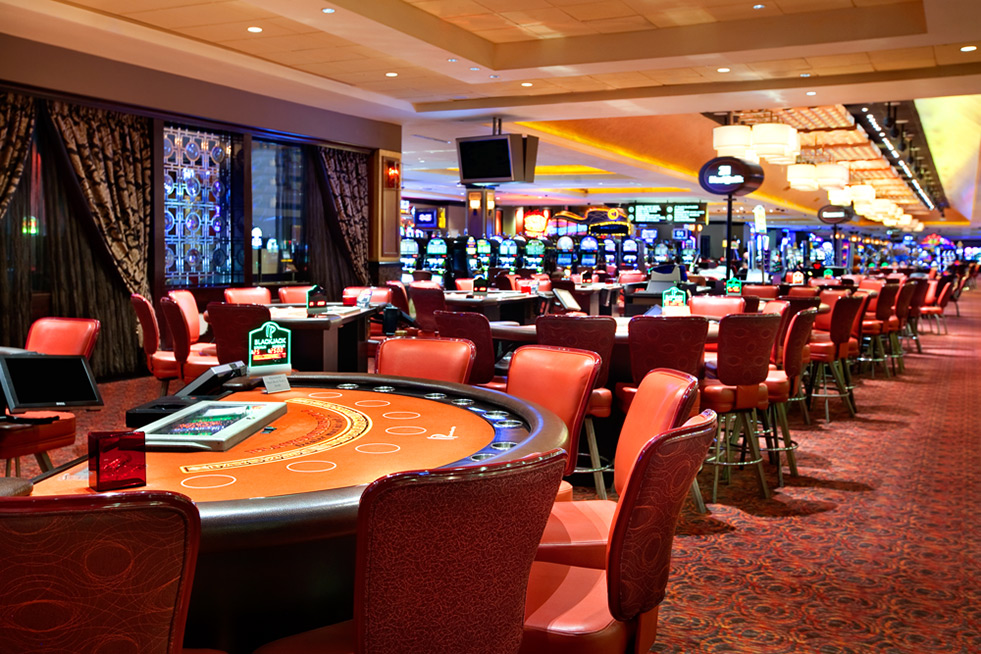
Gambling Games and Their Role in Cultural Trends
Casino games have long captured the fascination of people around the planet, becoming an important part of both fun and society. From the shimmering lights of the Vegas Strip to the engaging experience of internet gambling, these activities evoke thrill, danger, and sometimes even a sense of remembrance. They are more than simply hobbies; they have woven themselves into the tapestry of our lives, influencing everything from movies and music to fashion and books.
The allure of casino games transcends the wagering aspect, tapping into wider themes of serendipity, risk, and psychology. As players assemble around a poker table or rotate the wheel of fortune, they engage in an ancient ritual that echoes with our communal desire for excitement and instability. This fascination has led to the growth of numerous references in movies, songs, and video games, showcasing how deeply entrenched these games are in pop culture. Whether it is the pressure of a classic caper or the lively nightlife portrayed in recordings, casino games have created a substantial niche that reflects our bond with reward.
Historical Significance of Gambling Activities

Casino games have played a crucial role in cultural contexts throughout the ages. Originating from old societies, forms of chance were often connected to rituals or events. For example, early iterations of these activities can be linked back to ancient China and the Roman Empire, where die games and wagering on outcomes were popular pastimes. These games not only served as entertainment but also as means of social interaction, facilitating connections among individuals within communities.
As cultures evolved, so did the complexity and structure of gambling games. The creation of formal casinos in the 17th century, particularly in the Italian region, marked a significant shift in how games were perceived and structured. With designated spaces for gambling, the casino became a community center where patrons from different backgrounds gathered. This change contributed to the validation of the industry, transforming it from a mere pastime into an organized industry that influenced the economy and regulations.
The effect of gambling activities on mainstream culture cannot be understated. As they were popularized in literature and film, games such as poker and 21 became icons of risk, chance, and strategy. Iconic characters and narratives have developed around these activities, illustrating societal attitudes towards fortune, wealth, and immorality. This fascination with gambling games has infiltrated various forms of media, cementing their status in the public imagination and linking them to wider cultural stories throughout the ages.
Depiction of Gambling Games in Entertainment
Gambling games have long been a popular topic in various forms of media, reflecting both the fascination and complexities of gambling culture. Movies such as Ocean's Eleven and Casino Royale portray figures who navigate dangerous scenarios, showcasing not only the appeal of the casino atmosphere but also the strategies and decisions that come with playing popular games like Texas Hold'em and blackjack. These movies often dramatize the excitement of winning and the potential consequences of losing, encapsulating the dangers involved in gambling.
TV programs have also explored the realm of casino games, often integrating them into the storyline as a setting for character development and tension. agensawer Shows like Vegas depict the lives of gambling employees and patrons, highlighting the lively, often disorderly energy of the casino floor. Reality shows featuring intense betting contests further emphasize the fascination of gambling activities, drawing viewers into the tension and strategy involved in each session. Through these depictions, media not only entertains but also stimulates conversations about fortune, skill, and the nature of chance.
Gaming have increasingly incorporated casino games into their structure, allowing players to experience the experience of gambling without financial risk. Titles within the realm of online gaming often include virtual slots, poker, and other casino favorites, creating an engaging environment that mirrors actual casino experiences. These digital representations make gambling activities accessible to a global audience, appealing to both gamblers and those who enjoy the excitement of simulation. As a consequence, the portrayal of casino games in entertainment continues to shape public perception and cultural significance, highlighting their function in entertainment and culture.
Effect of Casino Games on Communities
Gambling activities have a meaningful effect on communities, affecting multiple aspects of societal norms and interpersonal behavior. They often serve as a platform for community engagement, where people come together to experience a shared experience. Casino trips with friends or trips to casinos become group events that build connections and create memories. This collective aspect boosts the fun value of gambling activities, making them a favored choice for festivities and recreational pursuits.
Moreover, gambling activities have been depicted in countless films, TV series, and literature, shaping perceptions and attitudes towards gambling and gaming. Icons like James Bond competing in baccarat or the intense poker scenes in films have cemented these games in the shared imagination. This representation often glamorizes the culture associated with casino activities, drawing in new players and impacting trends in both style and behavior. These representations can spark curiosity and lead to a deeper investigation of the nuances of gambling.
However, there are also negative consequences associated with the widespread appeal of casino games. The allure of quick monetary gain can lead to gambling addiction and financial troubles for some people. The community must contend with these consequences, advocating for responsible gambling and education of the dangers involved. Balancing the fun aspect of casino games with the risks is vital to ensure that they remain a beneficial aspect of our cultural landscape.